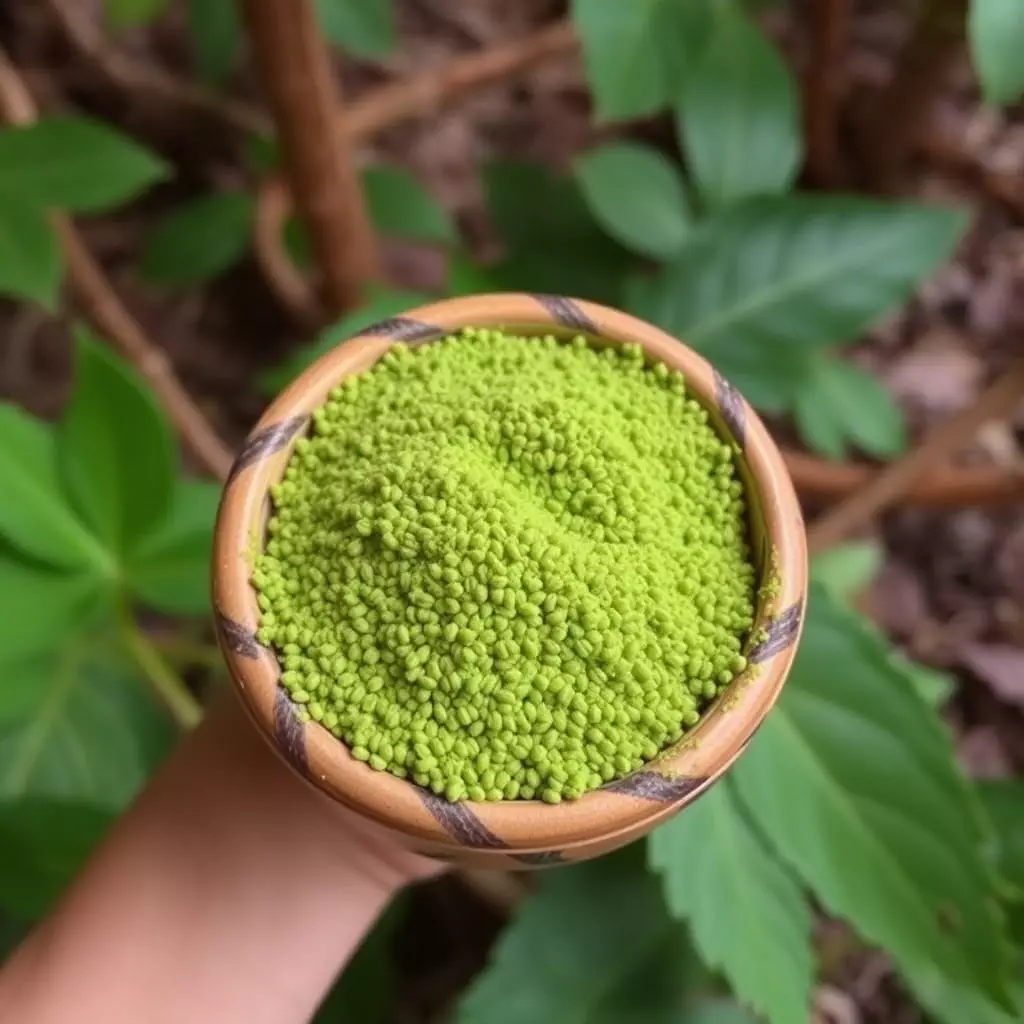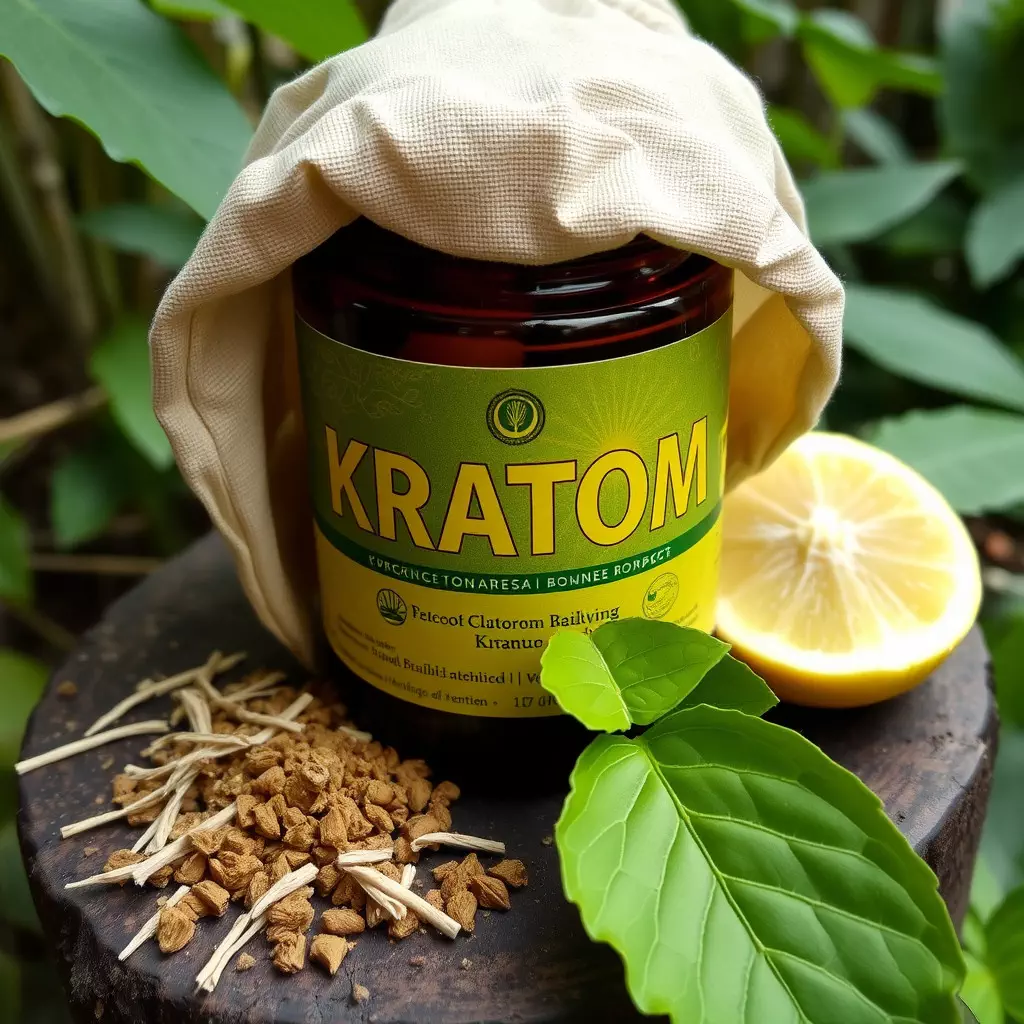In Colorado, the legality of kratom for athletic performance enhancement is complex and subject to change. As a derivative of Mitragyna speciosa, kratom has been associated with potential cognitive benefits, impacting mood, attention, and energy levels. However, its status as a Schedule I controlled substance in the state since March 2021 reflects concerns over abuse and lack of FDA-approved medical use. Athletes looking to use kratom must navigate these legal waters carefully, adhering to both Colorado's emerging issue classification and local ordinances that may impose additional regulations. The use of kratom in athletic performance is under review by sports governing bodies like the United States Anti-Doping Agency (USADA), which cautions against its use due to the risk of triggering a positive test for prohibited substances. Therefore, it's crucial for athletes in Colorado to stay informed on the evolving legal landscape of kratom and consult with sports medicine experts or legal advisors to ensure their performance enhancement practices are compliant with current regulations. Athletes should be aware that while kratom is not explicitly illegal in Colorado, its use is subject to strict labeling requirements and ongoing regulatory scrutiny.
Exploring the intersection of athletic performance and natural supplementation, this article delves into the emerging role of kratom for athletes seeking heightened mental clarity and focus. As we navigate through the complex legal landscape governing its use, particularly in Colorado where “is kratom legal in colorado” is a question on many athletes’ minds, we aim to shed light on how this botanical substance may influence cognitive function within the realm of sports. With a close examination of current regulations and scientific findings, we explore kratom’s potential impact on athletic mental acuity, offering insights into how Colorado’s laws shape its use among athletes striving for peak performance.
- Mental Clarity and Focus in Athletes: Exploring the Role of Kratom Legality in Colorado
- Navigating the Legal Landscape of Kratom Use for Athletic Performance Enhancement in Colorado
- Kratom's Impact on Athletic Mental Acuity: A Closer Look at Colorado's Regulations
Mental Clarity and Focus in Athletes: Exploring the Role of Kratom Legality in Colorado

Athletes often seek ways to enhance their performance, and mental clarity and focus are key components in achieving peak athletic performance. The mitragyna speciosa plant, commonly known as kratom, has garnered attention within athletic communities for its potential cognitive-enhancing properties. Kratom contains alkaloids that may influence mood, attention, and energy levels, which could theoretically benefit an athlete’s mental game. In Colorado, the legal status of kratom has been a subject of debate and legislation, with it being designated as a Schedule I controlled substance by the Colorado Department of Public Health and Environment as of March 2021. This classification, reflecting the state’s stance on the substance’s potential for abuse and lack of FDA-approved medical use, directly impacts athletes who might consider incorporating kratom into their regimen for mental edge. Athletes in Colorado must navigate this legal terrain carefully, as the implications of using kratom can extend beyond personal performance to include legal ramifications and compliance with governing sports bodies’ regulations. Understanding the evolving legal landscape surrounding kratom in Colorado is essential for athletes who are considering its use as a means to improve mental clarity and focus, ensuring they remain within the bounds of both state law and the rules governing their sport.
Navigating the Legal Landscape of Kratom Use for Athletic Performance Enhancement in Colorado

Navigating the legal landscape of kratom use for athletic performance enhancement in Colorado requires a clear understanding of state and federal regulations. Kratom, derived from the leaves of Mitragyna speciosa, has garnered attention within athletic communities for its potential to enhance focus and mental clarity. As of the latest updates, kratom is legal in Colorado, subject to certain restrictions. Athletes looking to incorporate this substance into their regimen must be aware that while it is not a controlled substance at the federal level, some municipalities within Colorado may have specific ordinances regarding its sale and use. The Colorado Department of Public Health and Environment has classified kratom as an “emerging issue,” and it is subject to change as new evidence and regulations are developed. Athletes competing under governing bodies like the United States Anti-Doping Agency (USADA) should be cautious, as kratom’s alkaloids may trigger a positive test for certain banned substances, leading to potential sanctions. Therefore, it is imperative for athletes in Colorado to stay informed about the evolving legal status of kratom and to consult with sports medicine professionals or legal experts specializing in sport before incorporating kratom into their training or competition routine. Keeping abreast of these legal nuances ensures that athletes can make informed decisions regarding their performance enhancement strategies within a compliant framework.
Kratom's Impact on Athletic Mental Acuity: A Closer Look at Colorado's Regulations

Kratom, a plant-based substance derived from the leaves of Mitragyna speciosa, has garnered attention within athletic communities for its potential impact on mental clarity and focus. While the scientific community continues to research its effects, anecdotal evidence suggests that kratom may aid athletes in enhancing their cognitive performance during training and competition. This substance is believed to interact with the brain’s opioid receptors, which could influence mood and cognition, potentially leading to heightened concentration and mental acuity. However, it’s crucial for athletes to approach its use with caution, as the FDA has issued warnings about the risks associated with kratom consumption, including potential side effects and interactions with other substances.
In the context of Colorado’s regulatory framework, the legal status of kratom is subject to specific state laws. As of my knowledge cutoff in 2023, kratom is not explicitly illegal in Colorado; however, its sale and distribution are regulated under the Colorado Department of Public Health and Environment’s Food Drug and Environment Division. This regulation requires vendors to adhere to stringent labeling requirements, ensuring consumers are fully informed about the product they are purchasing. Athletes interested in using kratom must stay updated with local regulations, as state laws can evolve. It is advisable for athletes to consult with healthcare professionals before incorporating kratom into their regimen, considering its potential impact on performance and health, and to comply with all legal requirements when accessing it within Colorado’s boundaries.
Kratom, a botanical derived from the leaves of Mitragyna speciosa, has garnered attention within athletic communities for its potential to enhance mental clarity and focus. This article delved into the nuances surrounding kratom’s role in athletic performance, particularly in Colorado, where its legal status presents a unique framework for its use. The exploration of how kratom might influence mental acuity in athletes under Colorado’s regulations underscores the importance of understanding the local legal landscape when considering kratom as an aid to athletic endeavors. While the implications of kratom on mental performance are promising, adherence to state-specific laws is imperative for athletes seeking to leverage its potential benefits. As such, it is crucial for both athletes and regulators to remain informed about the evolving legalities surrounding kratom in Colorado and beyond, ensuring a safe and fair approach to sports performance enhancement.






